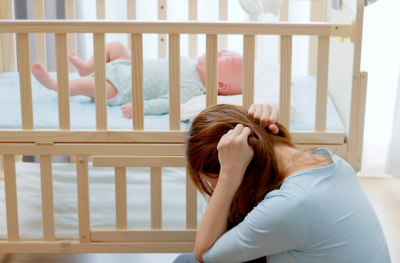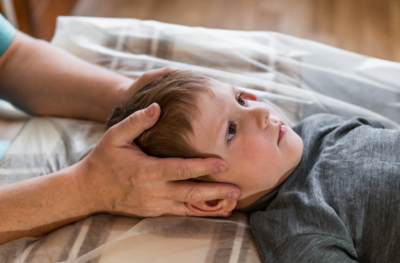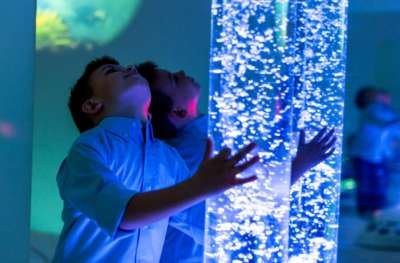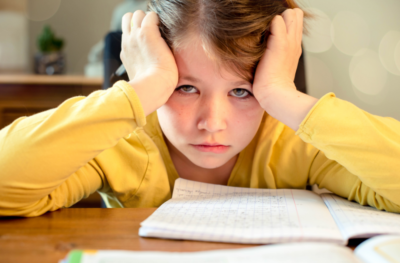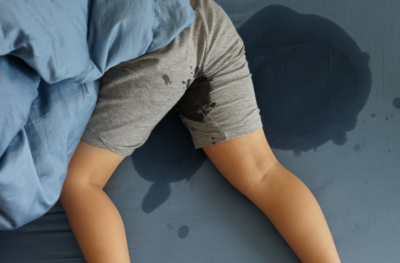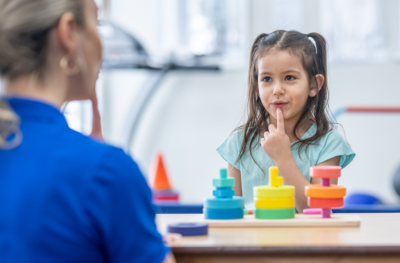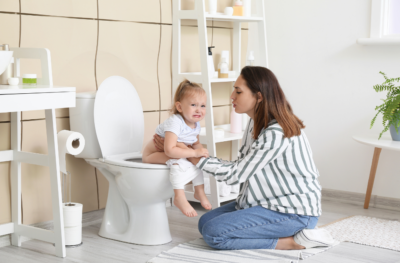
Navigating Sensory Overload: Addressing Loud Noises and Automatic Toilets for Kids in Public Bathrooms
For children with sensory processing disorders (SPD), public bathrooms can become a battleground of overwhelming sensations, especially when confronted with the loud sounds emitted by toilets, hand dryers, and the startling nature of automatic flushing toilets. These sensory challenges often heighten anxiety and discomfort, making a routine bathroom visit a distressing experience.

